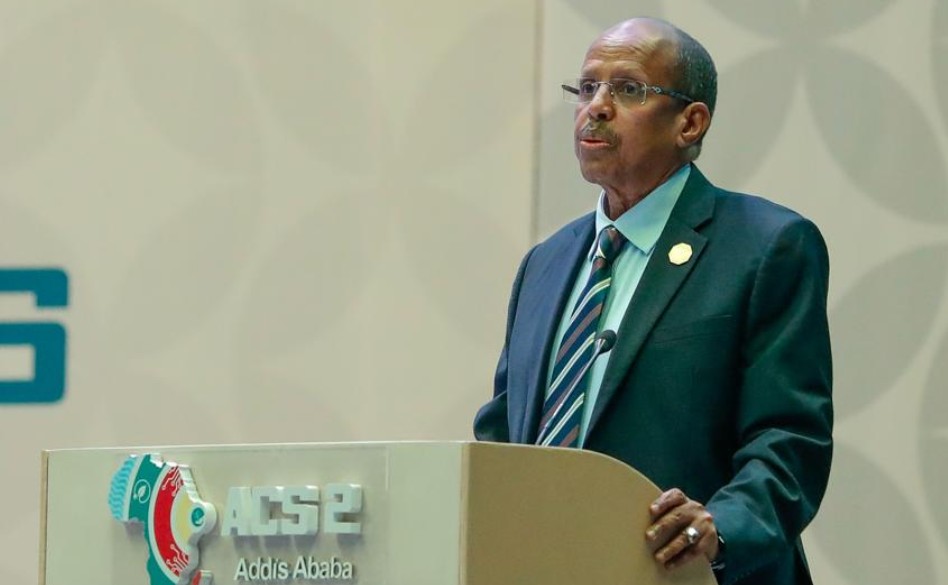Water boss opposes smart meters, says too costly for Nairobi residents

Nahashon Muguna defended the continued use of mechanical meters, arguing they are more compatible with the city’s infrastructure and significantly cheaper.
Nairobi Water Works Managing Director Nahashon Muguna surprised senators on Monday by pushing back against the proposal to replace mechanical water meters with smart ones, saying the change would be costly and offer minimal value to city residents.
Appearing before the Senate Committee alongside Nairobi Governor Johnson Sakaja, Muguna defended the continued use of mechanical meters, arguing they are more compatible with the city’s infrastructure and significantly cheaper.
More To Read
- Lobby calls for Nairobi County dissolution following audit revelations
- President Ruto distributes business equipment to Nairobi youth groups
- Sakaja’s 'Dishi na County' programme under scrutiny over billions in irregular spending
- City MCA calls for streetlight policy to address growing insecurity
- Renewed hope for Nairobi River as thousands of youth drive clean-up exercise
- From waste to water tanks: How Kariokor youth are turning Nairobi’s trash into livelihoods
He noted that about 96 per cent of Nairobi’s customers rely on standard inch connections that work seamlessly with mechanical meters.
“A mechanical meter costs approximately Sh3,500, while a smart meter ranges between Sh15,000 and Sh20,000. When you consider the potential benefits of switching from mechanical to smart meters, it would take about 20 to 30 years to recover the investment,” Muguna told the committee.
Muguna further explained that while smart meters are more accurate, delivering a margin of error between 0.5 and 1 per cent, mechanical ones still provide a reasonable accuracy of 3 to 5 per cent.
He questioned whether such a marginal gain justified the large financial commitment, especially considering that water remains a low-priced commodity.
“The difference in accuracy is the value that would be gained by making the switch to smart meters,” he said.
He went on to argue that adopting smart meters on a wide scale would mostly benefit foreign manufacturers, with little gain to local consumers or workers.
According to him, importing the devices would reduce local job opportunities and increase reliance on foreign technologies without meaningful improvements.
His detailed breakdown of the issue triggered laughter and scepticism among some senators, many of whom appeared unconvinced by his economic analysis.
The debate came against the backdrop of concerns over the accuracy and reliability of current water readings.
It was revealed that more than 15,000 water meters in Nairobi have not been read for over six months. Muguna blamed the backlog on difficulties faced by utility staff, who often encounter resistance and mistreatment from consumers when attempting to access meter points.
Top Stories Today












































